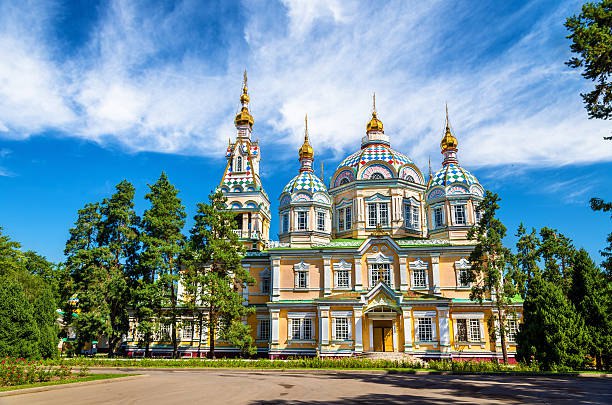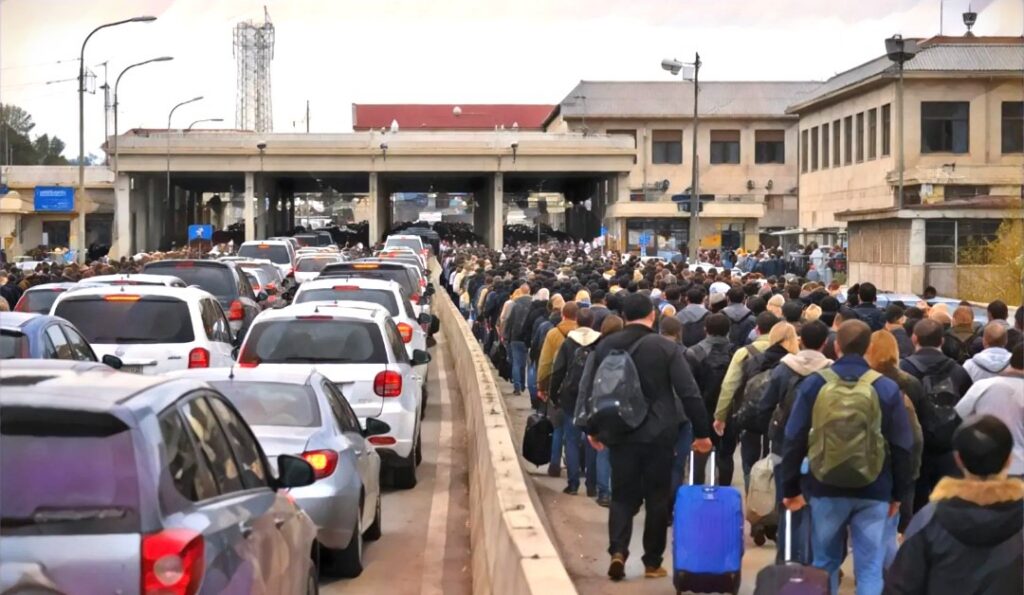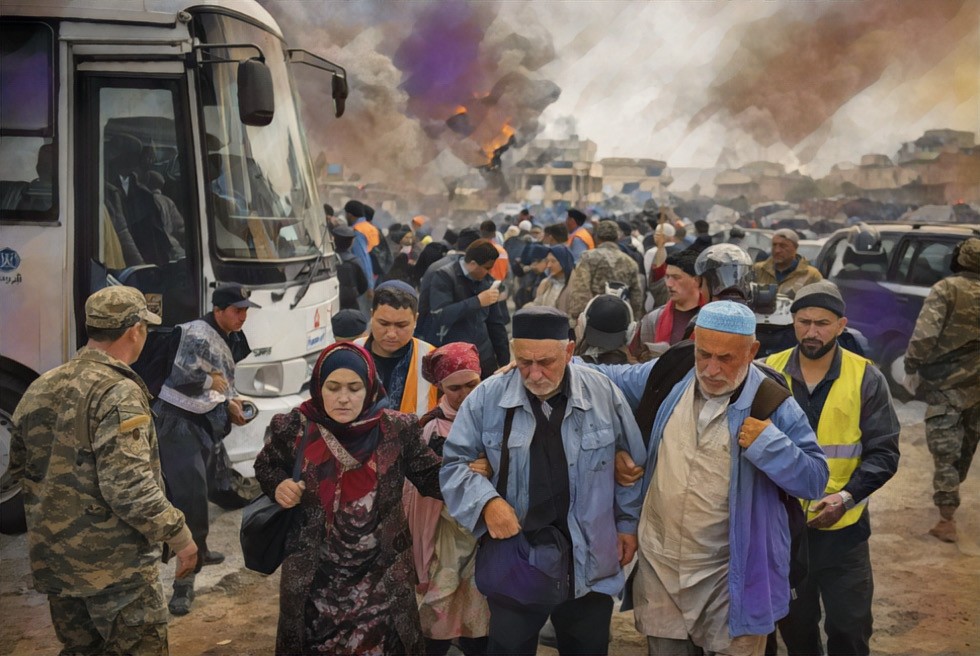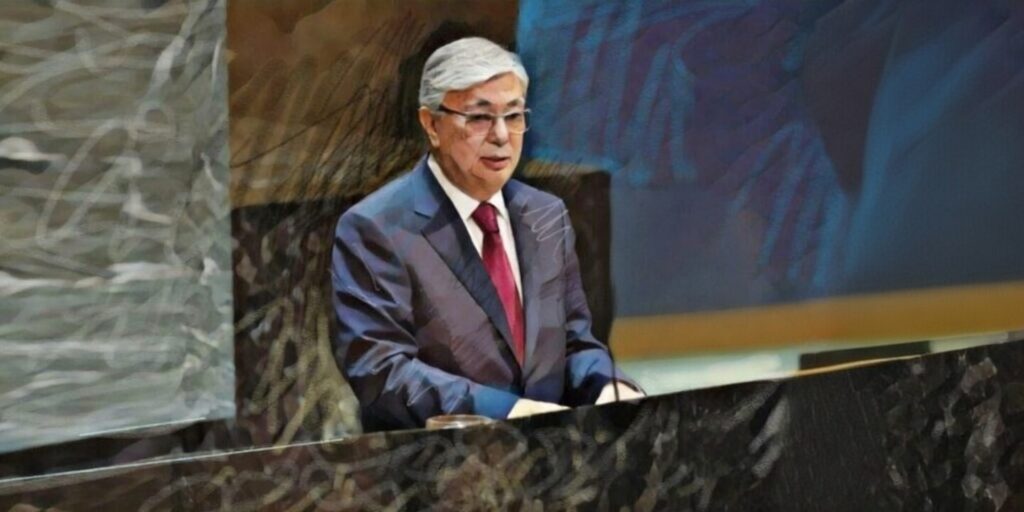Two Architectural Monuments from Kazakhstan Included in UNESCO’s Tentative World Heritage List
Two landmark architectural monuments in Kazakhstan, the Zharkent Mosque and the Ascension Cathedral, have been added to UNESCO’s Tentative List of World Heritage Sites. The announcement was made by State Counselor of Kazakhstan Erlan Karin. Inclusion on the Tentative List is a mandatory preliminary step before a site can be formally nominated for inscription on the UNESCO World Heritage List. Only properties included in the Tentative List may proceed to the full nomination process. The Zharkent Mosque is located in the city of Zharkent in the Zhetysu region. Built in 1895 to the designs of Chinese architect Hong Pique, the structure was constructed without the use of nails. It represents a distinctive synthesis of Islamic architectural principles and East Asian design traditions, including elements commonly associated with Buddhist temples. This architectural fusion reflects the historical cultural exchanges among the peoples of the region and the cross-border influence of architectural schools. Since 1982, the mosque has been under state protection as a monument of architectural and historical significance at the national level. The Ascension Cathedral, situated in Almaty’s Park of the 28 Panfilov Guardsmen, was constructed between 1904 and 1907 as the cathedral of the Turkestan diocese of the Russian Orthodox Church. Rising to a height of 54 meters, it is considered one of the tallest wooden Orthodox churches in the world. Built from Tien Shan spruce, the cathedral’s wooden framework, reinforced with metal fastenings, allowed it to withstand several major earthquakes. Today, it is listed as a historical and cultural monument of Kazakhstan. According to Karin, the inclusion of both the mosque and the cathedral on the Tentative List marks an important step toward preserving and promoting the country’s cultural heritage. If the nomination process is successfully completed, the sites could obtain full World Heritage status, granting them enhanced international recognition and protection, as well as potentially increasing tourism. The joint nomination of Islamic and Orthodox religious monuments also underscores Kazakhstan’s cultural and religious diversity and reflects the historical coexistence of different faith traditions in the region. Previously, The Times of Central Asia reported that an updated UN Action Plan for the Protection of Religious Sites Worldwide was presented in Astana during the Congress of Leaders of World and Traditional Religions.






